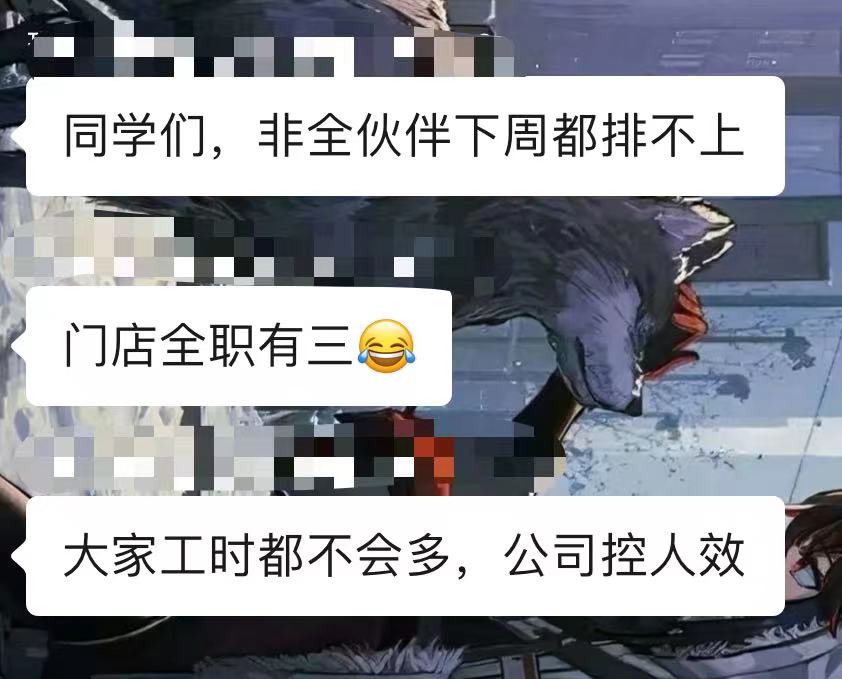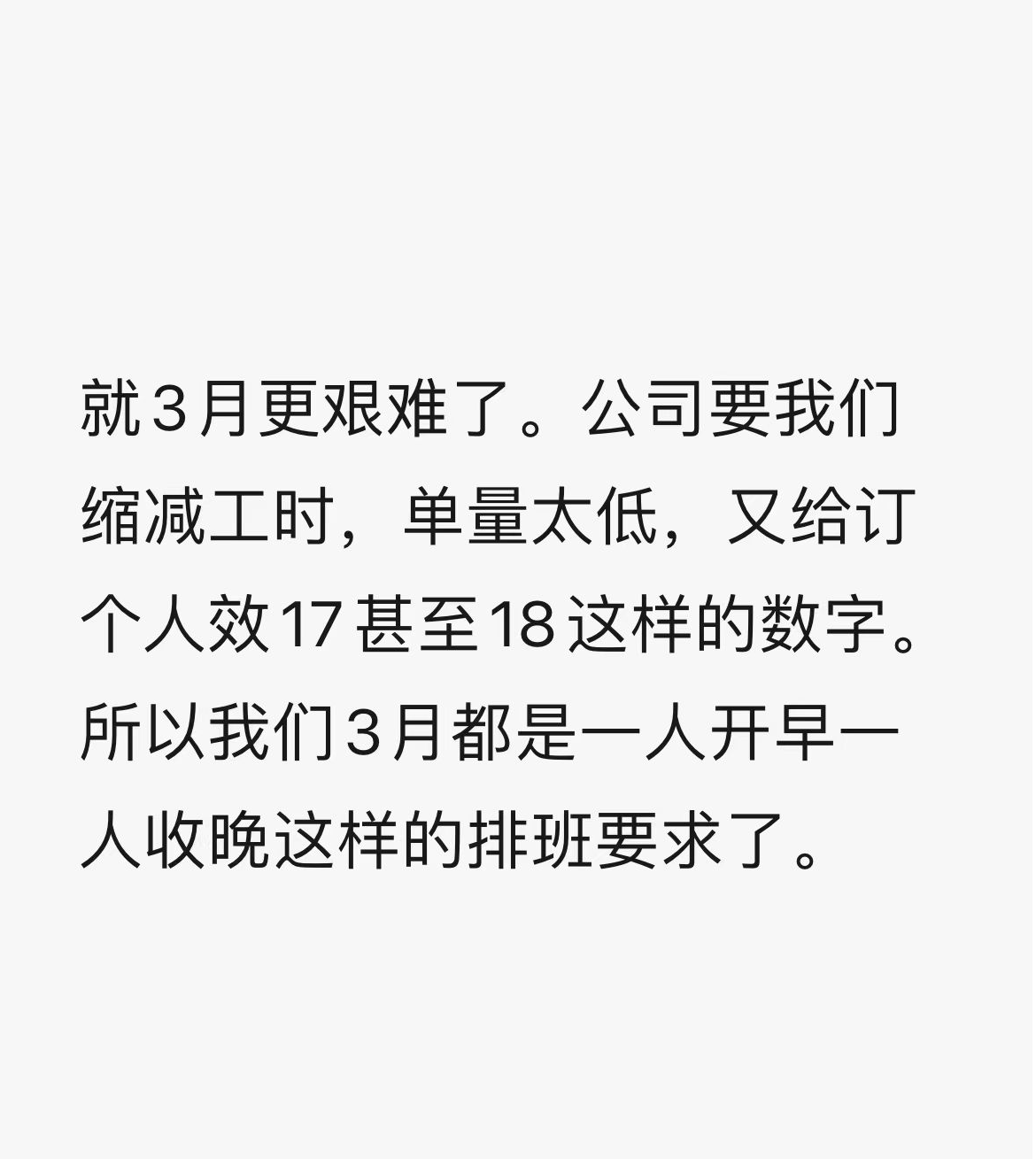Many merchants say that March is the cold winter of the entire catering industry. Why do you say that? I have a friend who opened a Japanese -based shop. He specially opened the store during the New Year. Because he said that there were not many shops opened in the New Year, so I planned to do this wave of business. I also passed his shop during the New Year. I also passed his shop. He talked to him a few words, he said that he was better than usual, but he was not as good as expected. But after the New Year, the business is worse than usual. The most important reason is that everyone has no money.
Many people say that the New Year Guangzhou is an empty city. It is because most of the flowers in Guangzhou are foreigners. In the new year, they will return to their hometown, but many people will expect that foreigners will return to Guangzhou after the New Year, but this year is surprising There are few foreigners who return to Guangzhou. If friends who often go shopping, it is easy to find that there are fewer people on the street since March and April. Even the Qingming holidays a few days ago. The prosperity of the past may be really a bad economy, but the cost of life has not been decreasing.
Many people's New Year expectations are that this year's business will be better but (not to spill cold water), but it is contrary to their wishes. Many restaurants have closed down. Many shops on the street are affixed to Wangpu to rent. Because a large capitalist company forced them to the end? Actually, I also work in Ruixing, a large company at the same time in a private coffee shop. Ruixing has surpassed Starbucks to become the leader of the Chinese coffee industry, but it is also difficult. Human heart.

Rui Xing asked many stores to meet at the end of February and released the movement of next month. In addition to the reminder of food safety, the biggest movement is the high -person effect. To put It depends on the single quantity, which usually depends on which peak period, so at a peak, you will arrange more people to reduce the hand when you are at a low peak. It is the situation of our store that is basically one in the job, and only two people will only be when they are proofing.

However, there is a priority in Ruixing's class. The priority is full -time and part -time, and there are two types of part -time jobs. If you do n’t go to work, my other part -time colleagues are basically not arranged because our store has three full -time and three part -time jobs, so it is basically the turn of me in the year of the monkey. It is poor, and there is no working hours in his own store, but such a large company with Ruixing also has his uniqueness.
There is a store support in Ruixing's software workstation. The reason why Ruixing can achieve the first reason for the Chinese coffee industry is the standardization of management combination. No matter which store you go to Ruixing, you can do the same. The friends from other stores come to help. The usual step is that the store manager of the store finds a partner and submits a supporting invitation. After receiving the invitation, the friends can go to the store to work. Help.
Because many part -time jobs in our stores are not at work, but the store manager cannot sit still, after all, many friends also have to live, so some store managers will contact the store managers of other stores to see if they can provide some working hours to small partners. At the same time, he It will also pull us into some part -time groups. There are many store managers and part -time jobs in the part -time group. When needed, the manager will send the store address and the time provided in the group. You can add the store manager's WeChat to ask further.
Then one night I saw a store for support. I tried to add WeChat from the store manager. The store was in Luoxi, and it was far from my home. It is also the first time that I have gone to work in a strange store, so I can't help but make me a little nervous. After all, people who don't know this shop are not clear about the place where the shop is placed, so it takes time to adapt. I also go there for more than ten minutes in advance to be familiar with the environment.
When I arrived, they just happened to be the manager and the auxiliary shop, but they were quite friendly, introduced the placement of different things, and then said the order of different positions made me easy to get started. In addition to being familiar with a new environment There is also another challenge, that is, the single volume of different stores is different. It is impossible to deal with small single stores to large single stores. Because of the test of the speed of making a single, when I first came to order, I was A little helpless, coupled with the time I did not go to work for a while, it was a bit sparse for the formula.
However, the store manager also expressed his understanding and trying to help me, so after a period of tension, a peak was over. After looking at the data in the background, the single volume of half a day and the single volume of our day were more. It feels very hard, and it is a bit stressful, but I also exercised my single speed, and I have started to start the next day. If you don't do well, you can learn some good skills to go to a good store.
In addition to going to Luoxi, I went to four stores to support it. Huijiang Store is the most single -volume in the store I have been to. When I can rest, I can also see how the stores with high single -volume stores are divided into labor and cooperation and how to improve efficiency. At that time, four people were on their jobs. Everyone had a special responsibility. My feeling was that time passed quickly. At that time, I went to eleven hours but seemed to have passed in a blink of an eye.
Of course, the weather has become hot in April, and restaurants in drinking categories have begun to recover slowly. Ruixing’s single volume also begins to rise slowly, so the chance of going to work may be a little bit more, but now the feeling given me is the feeling of me is the feeling of me. It feels a little bit of flowing, because I have to go to many different places, and I have to adapt to different stores. I feel a little stray to go to different people. This may also be a part -time status of many stores in Ruixing. If you want to go far to support, the cost of time will be a bit more, which is helpless.
